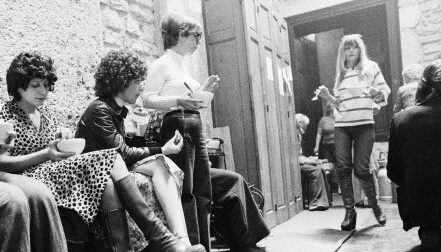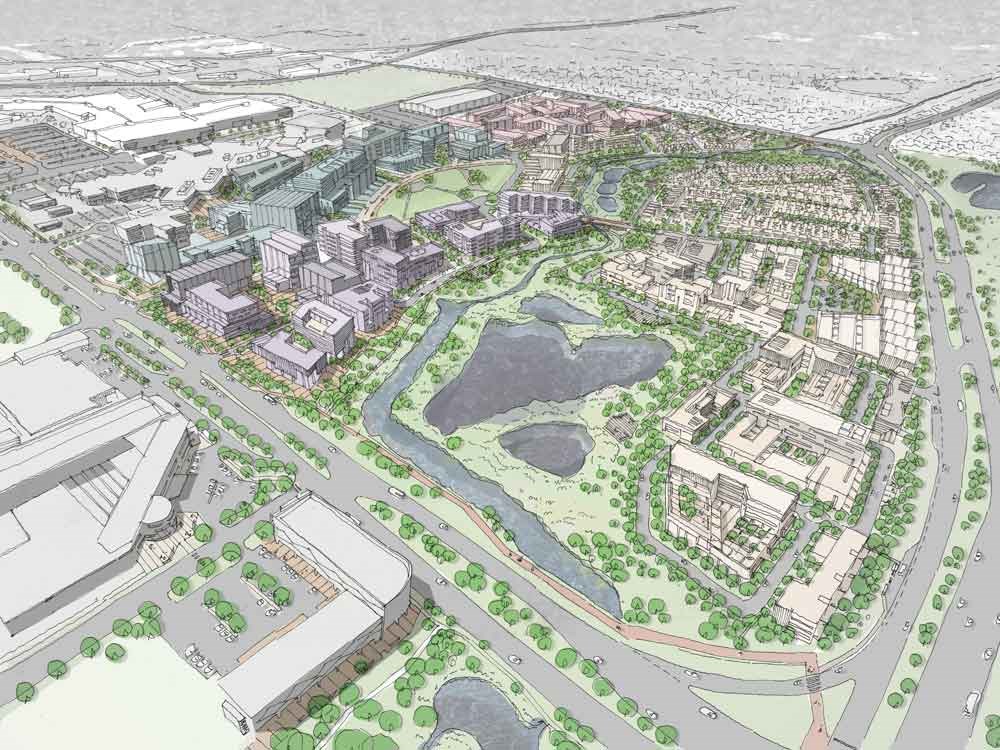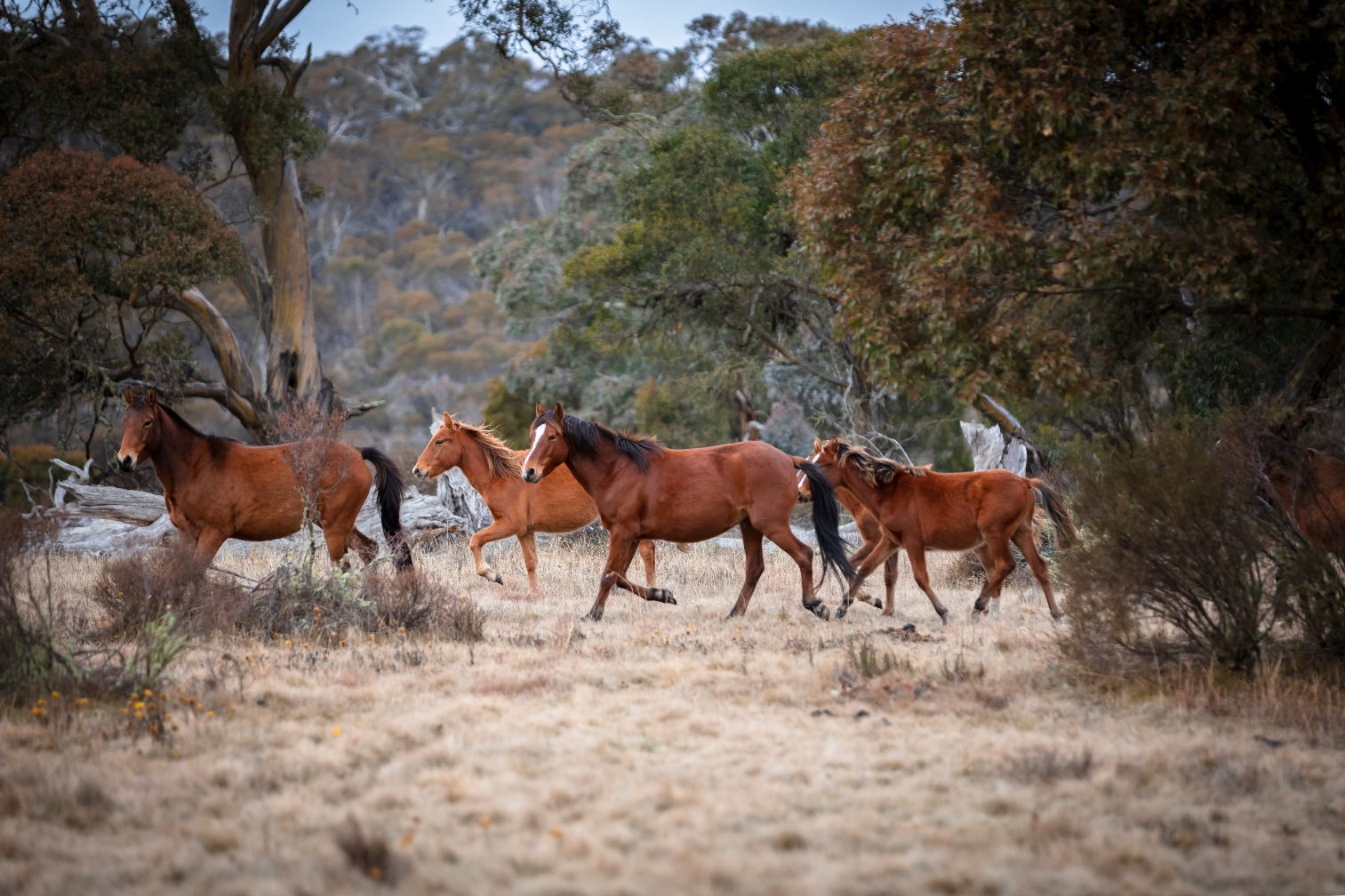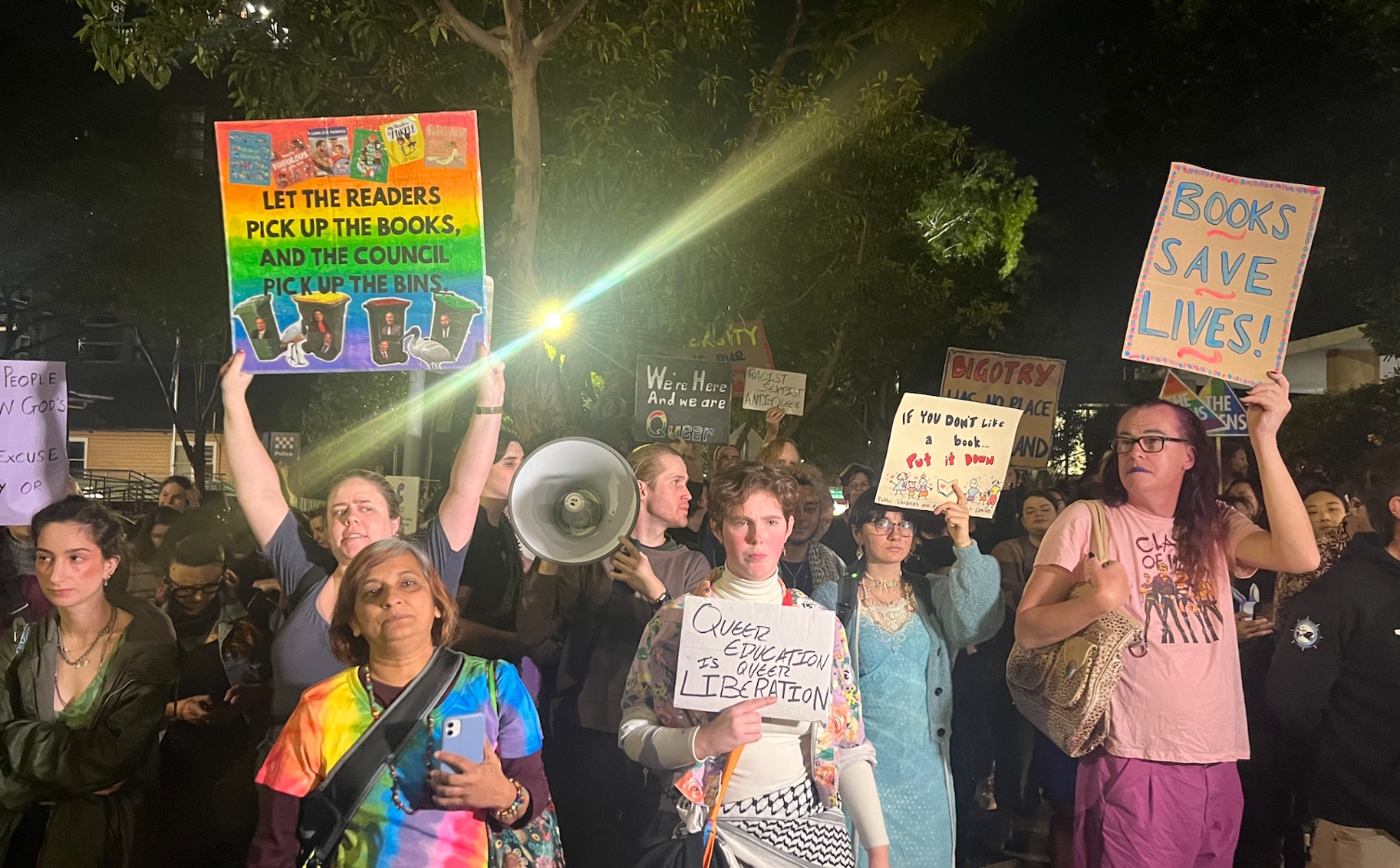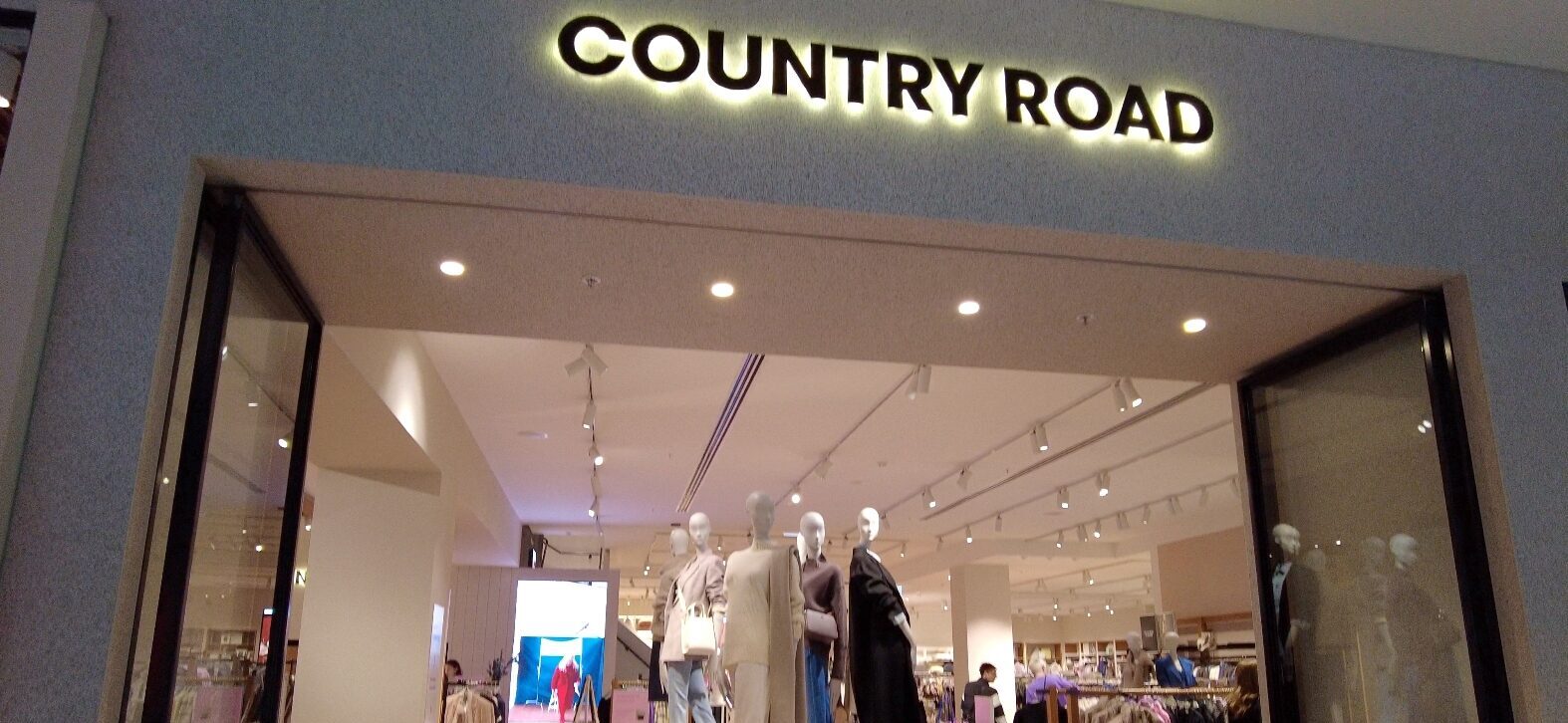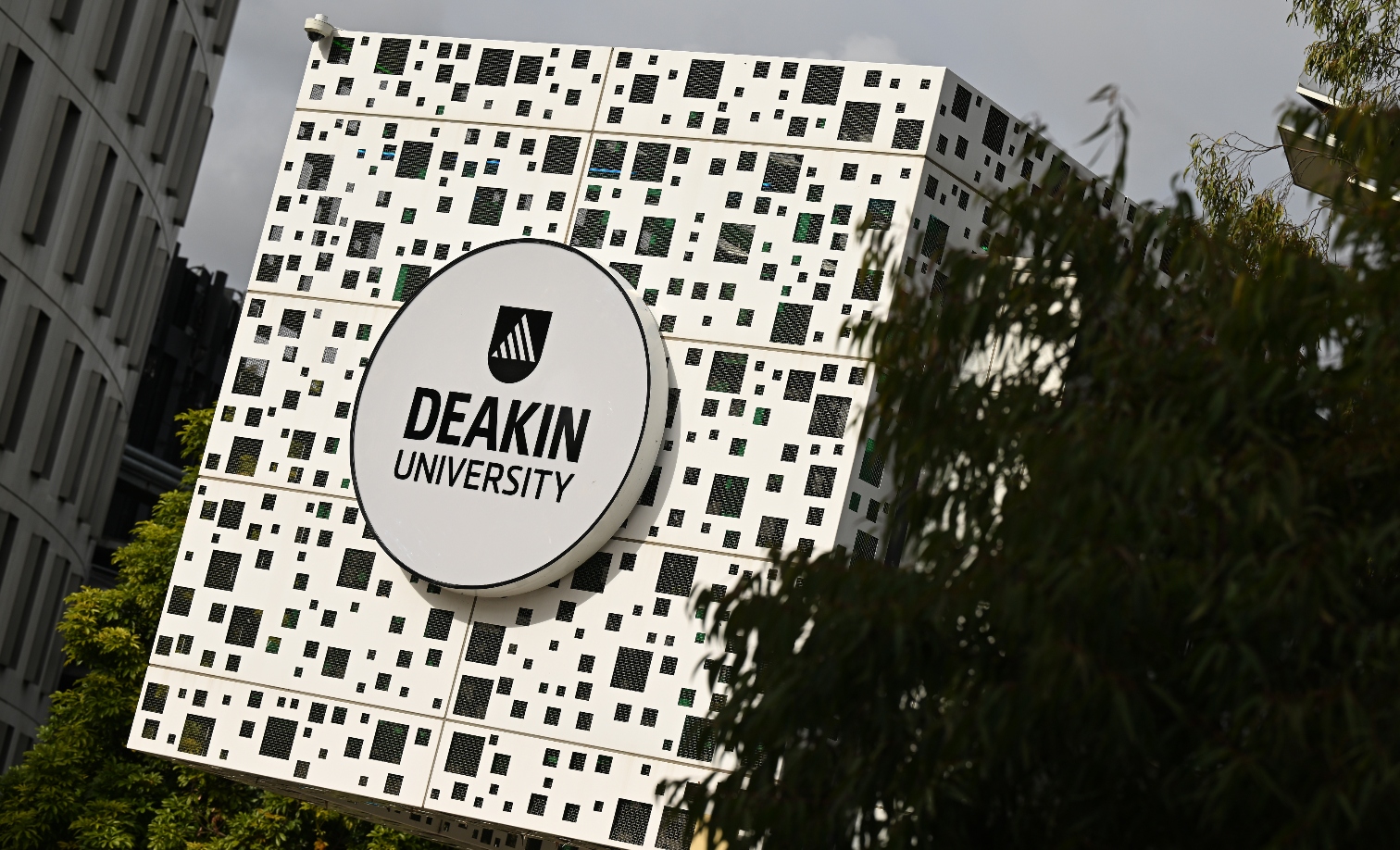
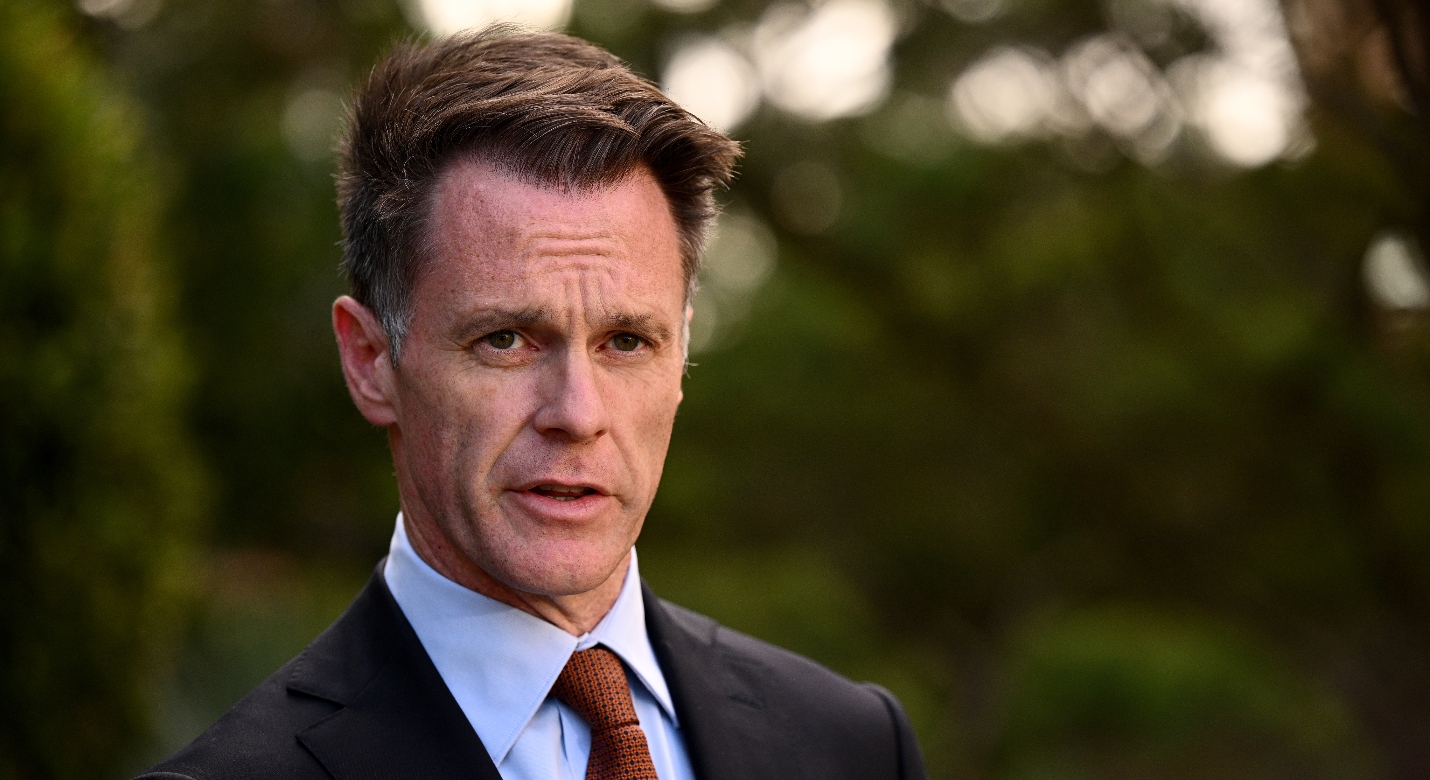
by DOUGAL TSAKALOS-STEWART
After a spate of knife attacks across Sydney, from the fatal stabbing spree at Bondi Junction to the Wakeley church attack, the NSW government have announced new knife reforms in an attempt to boost community safety. But the move has sparked concern amongst civil liberties groups.
Under the new laws, the legal age for a person to buy a knife would increase from 16 to 18, and it would become illegal to sell a knife to anyone under age – with some exceptions.
Police will also have expanded powers to “wand” or “scan” anyone without reasonable suspicion or warrant in public areas. Powers can be activated where a weapons offence took place in any location during the past six months.
The state’s Minister for Police and Counter-terrorism Yasmin Catley said, “These reforms will give police improved tools to quickly detect concealed knives and take action before a potential perpetrator has the chance to use them.”
But some civil liberties groups are concerned that the additional police powers will disproportionately target underprivileged groups.
In an open letter to Attorney-General Michael Daley, the NSW Council for Civil Liberties (NSWCCL) expressed their concern that the new wanding laws would lead to increased surveillance, harassment and intervention of young people from low socioeconomic regions, “particularly those from Culturally and Linguistically Diverse Communities (CALD), First Nations communities and people without fixed address.”
“There is an additional risk that NSW police will exercise their expanded powers in contexts not directly related to violent crime such as non-violent protest action and against young people who use public space for recreation,” the letter continues.
“How can the government guarantee that peaceful protestors will not be subject to police exercising their expanded powers to conduct searches?”
Speaking to City Hub, NSWCCL President Lydia Shelley said, “We know that these types of laws disproportionately impact vulnerable groups. Young people, queer people, and First Nations people will be targeted, adding to the growing lack of trust with NSW Police.”
“Effective law enforcement should be based on targeted, evidence-based approaches that build social cohesion, not tear it apart.”
Professor Luke McNamara from the Faculty of Law & Justice at the University of New South Wales (UNSW) also expressed his concern at the new reforms in a conversation with City Hub.
The decision to extend police powers was a “troubling development” he said, adding that “police already have extended power in these areas”.
In regards to searching and detaining, NSW Police already have the right to search anyone who they deem to be “reasonably suspect” of possessing anything illegal, according to NSW Law Enforcement.
Operation Foil, for instance, ran from 1pm Thursday 11 April until 1:30am Saturday 13 April and saw more than 800 officers across NSW target knife crime and anti-social behaviour.
According to a police statement, “51 knives / weapons were seized with 145 people charged with weapon related offences, including seizure of a firearm.”
“Additionally, police detected a number of breaches, including: 51 people arrested over outstanding warrants, 170 drug detections, 1,065 traffic infringement notices issued, and 410 rail infringement notices issued,” the statement continues.
Potential impacts of knife reforms
The recent reforms were influenced by Jack’s Law, which was passed in Queensland last year following the death of 17-year-old Jack Beasley who was stabbed in Surfers Paradise in 2019. Since the law was passed last year, Queensland authorities seized over 400 weapons.
Discussions of changes to knife legislation have been a priority since the attacks at Bondi Junction and the Wakeley church.
NSW Premier Chris Minns said immediate action was needed to address recent knife crime incidents.
“In recent weeks and months, we have all borne witness to the devastating outcomes of knife-related violence,” he said.
“Our communities are still in mourning, but it’s essential that we step up to take immediate action to send a clear message that NSW will simply not accept these kinds of crimes,” Minns stated.
In their open letter, NSWCCL said expanded police powers “may also lead to an increase in people being charged for drug possession and other public order offences.”
The letter also highlighted the potential of police targeting certain areas of Sydney over others.
“We do not believe that these laws will have the same impact on communities in more affluent areas of Sydney and will disproportionately impact already vulnerable communities with poor relationships with the police.”
The disproportionate policing of First Nations people was illustrated in 2017, when the Police Forces Suspect Targeting Management Plan (STMP) was made available for public access.
The STMP is a pre-emptive policing program that identifies youth are repeatedly stopped, detained or visited at home without authorisation.
According to NSW Police data obtained by Greens MP David Shoebridge in 2018, 51.5 per cent of the 400 young people targeted by the STMP were found to be Indigenous, despite Indigenous youth making up only 5.6 per cent of the NSW population.
“STMP is racist policing, pure and simple,” he stated at the time.
